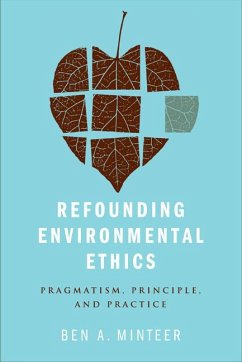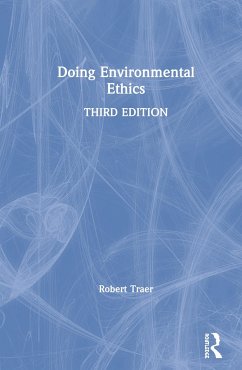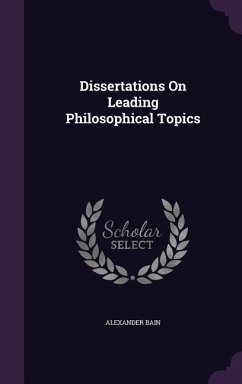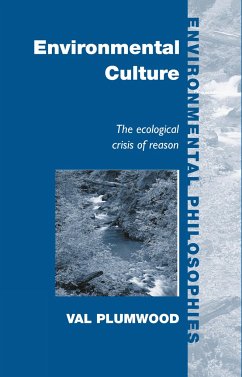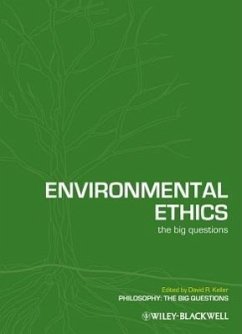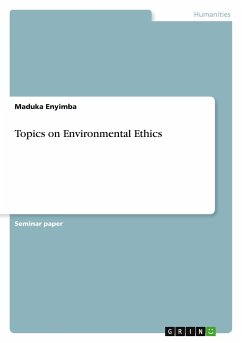
Topics on Environmental Ethics

PAYBACK Punkte
0 °P sammeln!
Seminar paper from the year 2023 in the subject Philosophy - Practical (Ethics, Aesthetics, Culture, Nature, Right, ...), University of Calabar (Department of Philosophy), course: Environmental Ethics, language: English, abstract: This is a handbook on environmental ethics for students. It is a simple guide that introduces the students to some of the topical issues in environment philosophy. With this guide, students will now be spurred to read the major texts and authors in environmental ethics that have been referenced in the text. Students and teachers in environmental science, philosophy, ...
Seminar paper from the year 2023 in the subject Philosophy - Practical (Ethics, Aesthetics, Culture, Nature, Right, ...), University of Calabar (Department of Philosophy), course: Environmental Ethics, language: English, abstract: This is a handbook on environmental ethics for students. It is a simple guide that introduces the students to some of the topical issues in environment philosophy. With this guide, students will now be spurred to read the major texts and authors in environmental ethics that have been referenced in the text. Students and teachers in environmental science, philosophy, African philosophy, and ethics will find this handbook very useful. The significance of evolving perspectives for environmental sustainability cannot be overemphasized. This is as a result of the damning consequences that environmental challenges are posing to the entire ecosystem. The African continent is not spared of the severe consequences that have come with an unhealthy relationship with the environment. This discourse seeks to undertake an exposition of the different African perspectives on the best form of relationship between humans and the environment. Pursuant to the fact that anthropocentric approaches have been held responsible for the many environmental crises evident today, perspectives from African environmental philosophers have proven to provide non-anthropocentric alternatives. Using the exploratory approach, this work examines African environmental models, namely, nature-relatedness, eco-bio-communitarianism, ecology through Ubuntu and the ukama theory. The paper concludes that there is need for an eclectic model that will build on the strengths of the various perspectives, since they all emphasize the communalist view that perfectly exemplifies traditional African worldview.







